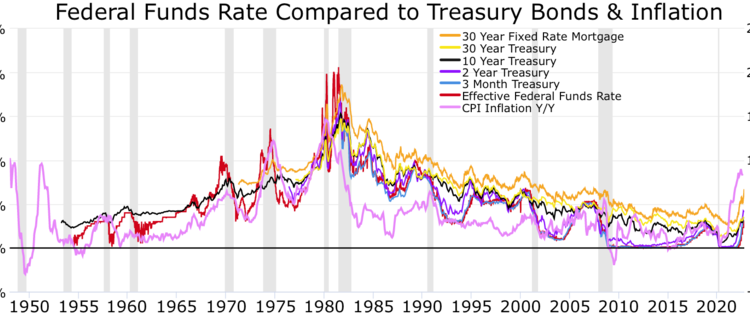The government is overhauling the FAFSA, a move that will impact how much students pay for college
- The FAFSA form will be shorter and simpler, taking 15 to 20 minutes to complete
- The expected family contribution (EFC) has been replaced with the Student Aid Index
- Families with multiple siblings in college will no longer receive a discount on financial aid
- More low-income students will qualify for Pell grants
- Students may have less time to evaluate financial aid offers due to delays in releasing the new FAFSA form
- Distributions from 529 plans owned by grandparents will no longer count as income for students
- Wealthy colleges using the CSS Profile may not change their evaluation process
- Tips for navigating the financial aid process: file early, hold off on withdrawing other college applications, and negotiate if you have multiple children in college
The FAFSA form is getting shorter and simpler, taking only 15 to 20 minutes to complete. The expected family contribution (EFC) has been replaced with the Student Aid Index, providing a clearer indication of a student’s financial need. Families with multiple siblings in college will no longer receive a discount on financial aid, while more low-income students will qualify for Pell grants. Due to delays in releasing the new FAFSA form, students may have less time to evaluate financial aid offers. Distributions from 529 plans owned by grandparents will no longer count as income for students. Wealthy colleges using the CSS Profile may not change their evaluation process. Tips for navigating the financial aid process include filing early, holding off on withdrawing other college applications, and negotiating if you have multiple children in college.
Factuality Level: 8
Factuality Justification: The article provides information about the changes to the FAFSA form and the financial aid process. It includes quotes from an expert and explains the impact of the changes on students and families. The information is relevant and accurate, and there is no obvious bias or misleading information.
Noise Level: 7
Noise Justification: The article provides information on the changes to the FAFSA form and the impact it will have on students and families. It includes quotes from an expert and explains the changes in terminology and eligibility for financial aid. However, it lacks scientific rigor and intellectual honesty as it does not provide evidence or data to support its claims. It also does not provide actionable insights or solutions for navigating the financial aid process.
Financial Relevance: Yes
Financial Markets Impacted: The changes to the FAFSA form and financial aid process could have a major impact on college costs and how students approach the application and admissions process.
Presence Of Extreme Event: No
Nature Of Extreme Event: No
Impact Rating Of The Extreme Event: No
Rating Justification: The article discusses changes to the FAFSA form and financial aid process, which directly impact students and families applying for college. These changes have the potential to significantly affect college costs and the distribution of financial aid.
Private Companies: College Board
Key People: Mark Kantrowitz (author of “How to Appeal for More College Financial Aid”), Lamar Alexander (Former Sen. and U.S. Secretary of Education)
 www.marketwatch.com
www.marketwatch.com 





